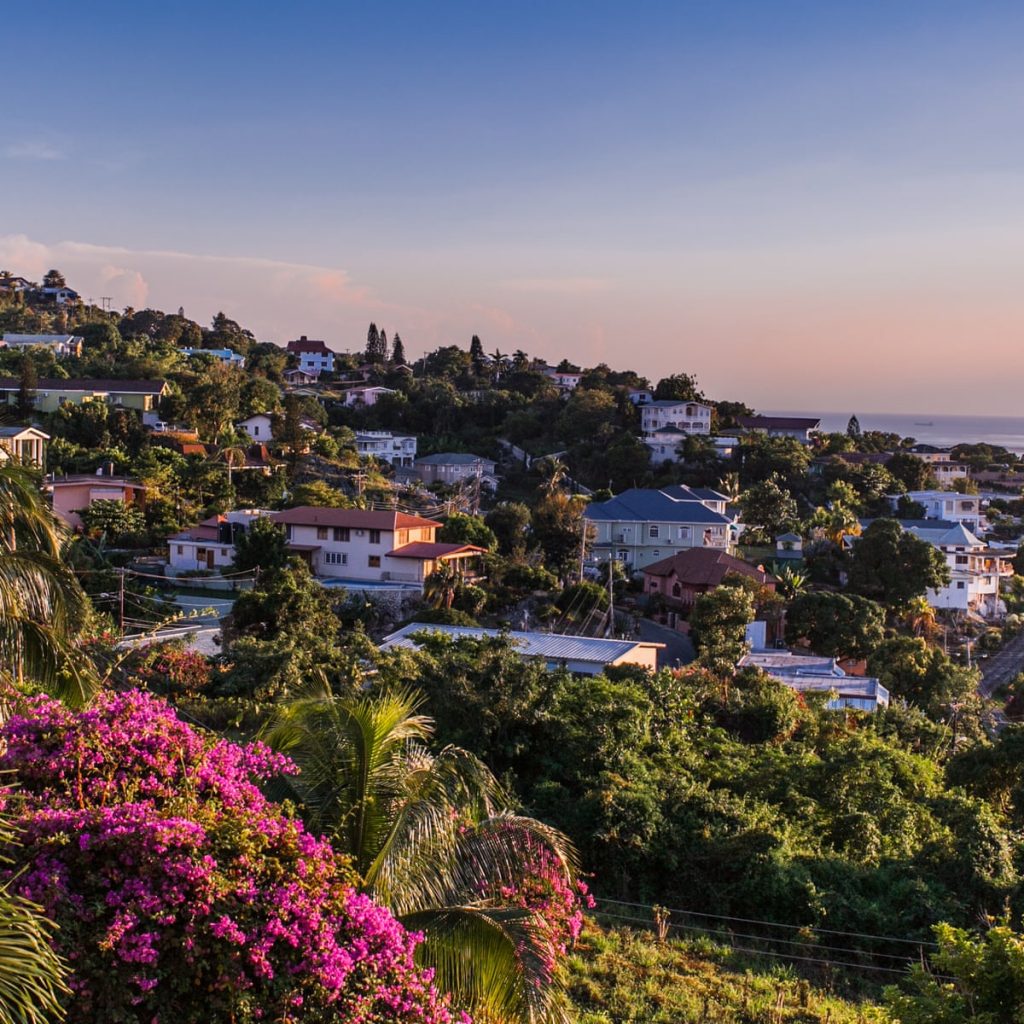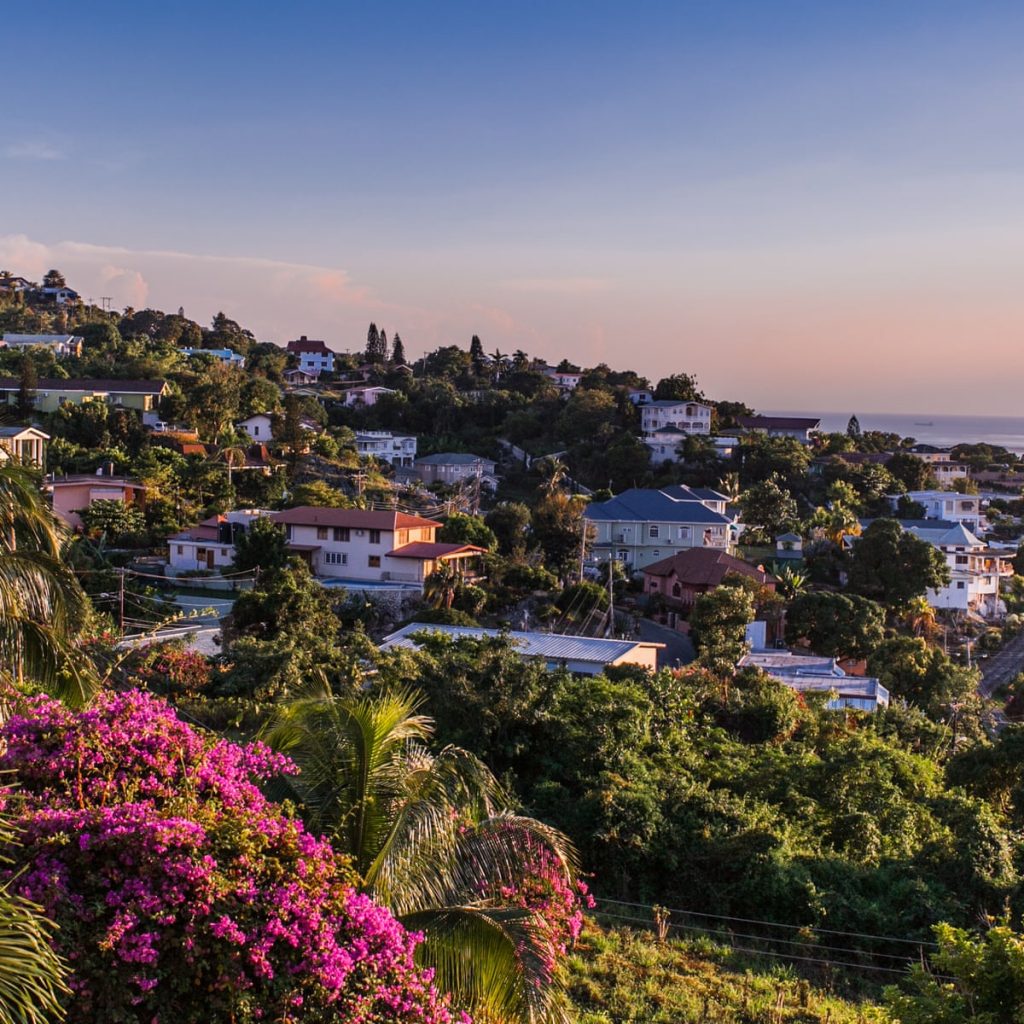
Growing up, there was never a question of where we could find food or worry if my home was going to be hit next in an attack and I never had to think about any of this. Throughout the semester there have been many enlightening topics in the course that encouraged conversation and asking questions on topics that aren’t normally engaged in unless already invested in the topic. Where ideas were able to be introduced giving people different perspectives and topics that might not have been something of worry till brought up.
The reason we can have these conversations is because this is a class that encourages thinking globally, something people who have never traveled or gone to university would have to think about. It’s important to know about other cultures and identities and the issues happening in countries outside of the US . Which begs to bring up the idea of having a course like global cultures and communications in the k-12 education system or a mandatory travel abroad program provided by the government. Teaching children from a young age to think globally and encourage a more extraverted and closer connection and understanding of other cultures within and outside the United States.
If taught in k-12, where ideas and information is more easily retained, it would help bridge a divide if students learned about different customs or social cues for other people from different countries. Than there would also possibly be better communication as people would have the opportunity to experience actually being apart of a different culture.
I believe this would be useful because the United States is separated by oceans from other continents and so it seems as if the issues in other countries are not affecting us, but direct consequences of such ignorance is having a hostile response to the refugee crisis if you do not understand why they are seeking a new home. Even the countries connected to the United States there still seems to be a disconnect as rhetoric through the years have become negative directed to Central and South America even though there are many Latin Americans and the numbers continue to grow through the year.
The reason I bring this up is because there are opportunities to better expand your knowledge and it would give communication a different meaning. Rather than finding one another rude or not knowing the issues the different minorities face in your own country, such as taking up job opportunities that they never would have in their own country just to be able to survive and provide for their families. This matters because people are becoming globally minded and soon enough it’s going to affect you social and professional life if you have anti-rhetoric towards immigrants and the global world. Each country matters, from the blogs created over the semester we found people from so many diverse countries; Having come to America to escape a corrupt government, to live a better life with a husband, to protect the children from war or just to have a better education. All valid reasons that shouldn’t mean that they should face discrimination or hateful comments, if we taught extraversion or even to think of others, we may be able to create a society where people genuinely worry about other’s without thinking how it will affect them and judge just on if it’s inconvenient.
Also if we had a travel program provided by the government we may be able to have a deeper connection with other countries individually. It’s possible to fall in love with more than one country and it could lead to genuine connection on a personal level if you meet friends or places and see the value in the countries. And studying the information in school is just as useful as you have a more open minded approach to the world in that case.
It should make sense to take these classes outside of college and if you are to have them in college, make a course teaching diversity and culture a mandatory general education class like math and science. It’s equally important and could have just as strong of an impact on students, it could even encourage students to study abroad or volunteer.
There are people actually affected by the lack of education, they do not understand the other sides of wars or how they start. The United States had the Mexican-American war and not many know what the Mexican Army were fighting for and how the war began in their eyes. Or there are people that do not know what the refugees are going through, how at night they freeze because there’s nowhere warm for them to stay, and how children are getting sick and camps are so close together because there is not much room. There are truly disturbing and heartbreaking things happening around the world, and because of the media and how they are able to control what people see or how they perceive what they see it can be truly daming to how Americans would want to help or their opinions on situations.
That is why I believe an educational/travel program can truly combat the situation, people would know to go looking for the information. People could even see the different perspectives as well without it being a one sided argument, listening to someone’s perspective and story can go a long way. Listening can build a bridge to cover the gap that people have when thinking that they are different from someone who is not them. People could have the same story even in a different setting and that would be important to teach children. It could even help with communication within the United States, gapping that separation between different classes and minorities in the county. This is more than just a class, it is a solution to the wall that stands between people and intercultural understanding.
The reason I believe education is the best way is because women like Noa Baum show us that being able to communicate and have the skills to properly listen can bridge gaps. Dalia Mogahed even explains how there is a disconnect from Muslim Americans and America even though they all are apart of the same country. That should and can be changed if people truly understood the world around them and were open minded in changing their opinions and being seen differently by the rest of the world.
In Schwartz & Heinrich Shades of Regret, we are able to see that Americans tend to reject the moral high ground because they do not understand why they would apologize for something others did, especially ancestors since they had no part in it. While the Germans are willing to actively continue to take responsibility as what their ancestors did since it affected all minorities. If we are able to teach the importance of this then there would be a consensus to help fix the systematic oppression of minorities and refugees rather than continuing to cycle through the same pattern.
In the end, it is up to us as a people to try and change, we have the power too. We are the county where our voice is loud, tell your professors and dean of departments, appeal to have courses that could help. Encourage the school system to add to the curriculum at a meeting, it is an important issue. Tolerance is important and caring is even more important, because we are not the only ones in the world that matter.

